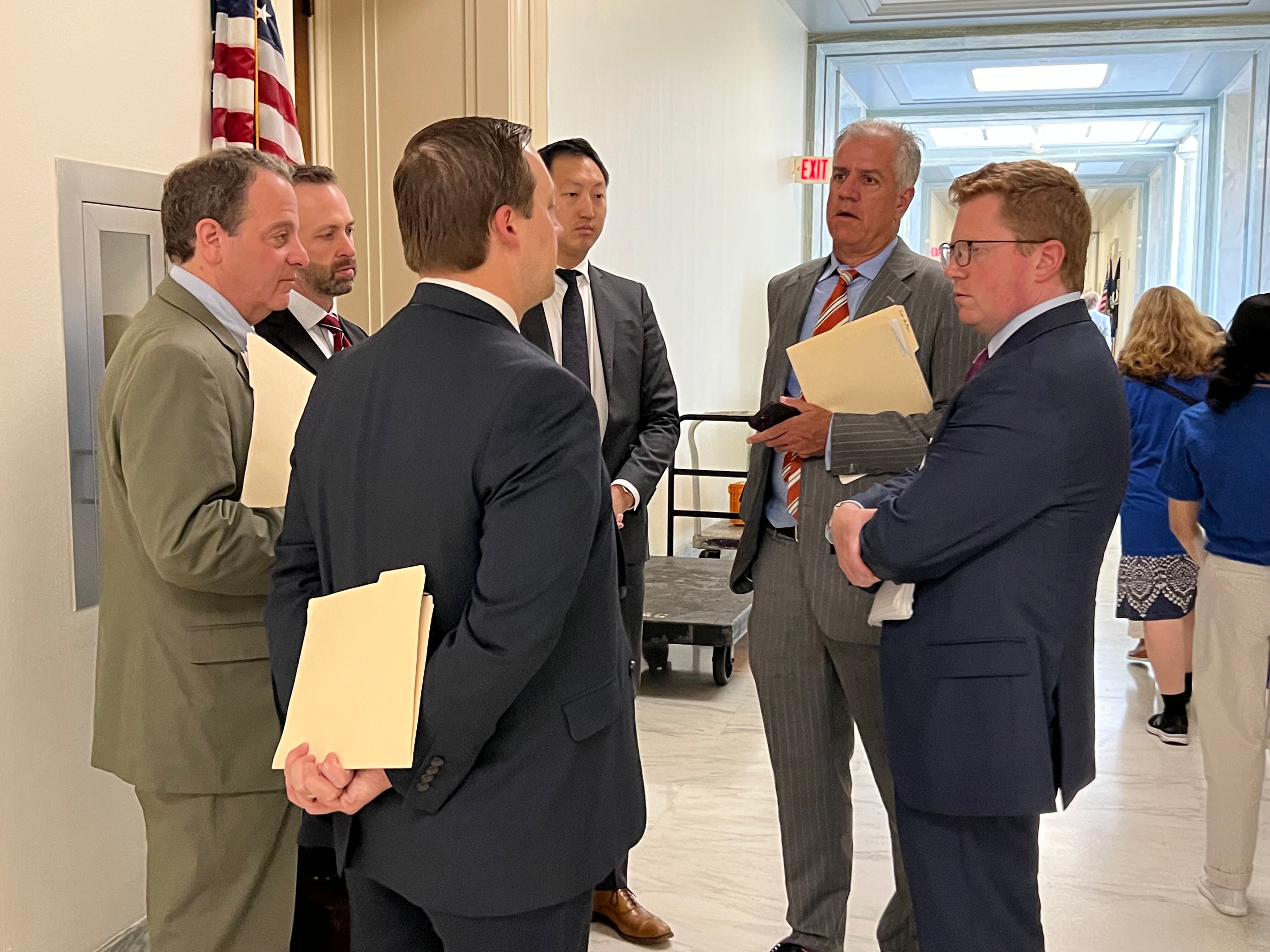LUGPA Policy Brief: Provider Reimbursement Stability Act (H.R. 6371)Oct. 2024 Under current Medicare policy, adjustments to the Medicare Physician Fee Schedule (MPFS) exceeding $20 million annually trigger across-the-board reductions in physician payments through cuts to the Medicare conversion factor. This approach has disproportionately impacted specialists, leading to significant payment reductions. To address these challenges, bipartisan efforts in the House of Representatives have introduced the Provider Reimbursement Stability Act (H.R. 6371). Key Provisions:
Physicians have experienced a significant decline in inflation-adjusted payments under the current system. From 2001 to 2024, inflation-adjusted Medicare payments to physicians have decreased by 29%. The inaccuracies in CMS's utilization assumptions have further exacerbated these cuts, as seen with the overestimation of transitional care management claims, resulting in billions of dollars in unnecessary reductions. The Provider Reimbursement Stability Act seeks to rectify these issues by introducing reforms that promote stability and fairness in Medicare physician payments. By aligning budget neutrality adjustments with actual utilization data, adjusting thresholds for inflation, and limiting annual conversion factor variations, the legislation aims to mitigate unintended payment reductions and ensure sustainable physician reimbursement. This approach supports physician practices and enhances patient access to quality care by addressing looming workforce shortages exacerbated by payment instability. The Provider Reimbursement Stability Act represents a critical bipartisan effort to reform Medicare reimbursement policies, safeguarding physician payments from arbitrary cuts and promoting long-term stability in healthcare delivery. LUGPA supports these reforms as essential measures to preserve access to specialized care and strengthen Medicare's ability to meet the healthcare needs of all beneficiaries.
|




